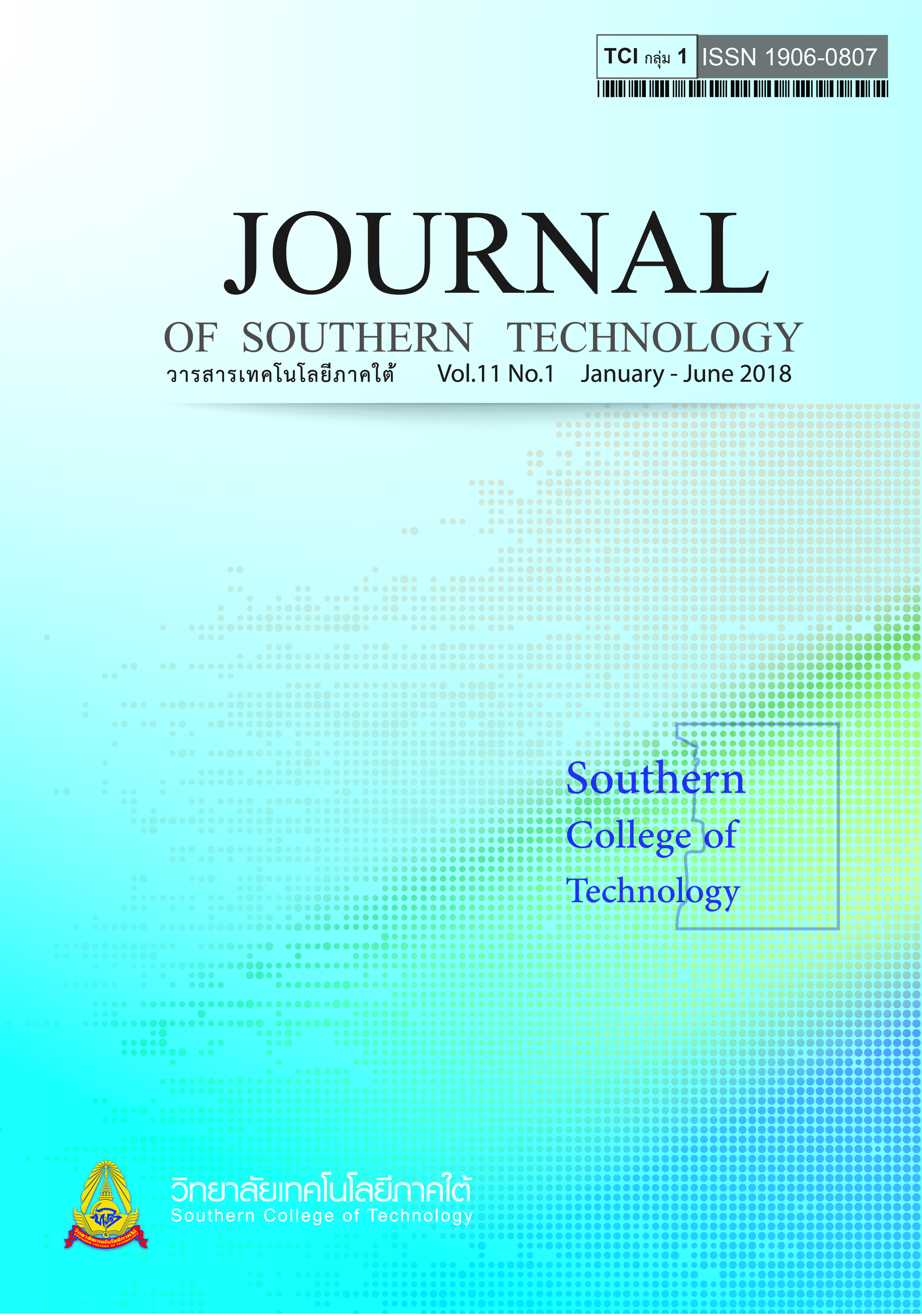Factors and Indicators of Teachers’ Spirituality of Student Teachers at Faculty of Education, Rajabhat University
Main Article Content
Abstract
The purpose of this study was to develop the factors and the indicators of student teacher’s spirituality of the fifth year student teachers at Faculty of Education, Rajabhat University. The sample consisted of 1,089 student teachers from five Rajabhat Universities selected using stratified random sampling. The research instrument was a five–point Likert scale questionnaire with the reliability of .970. Data collected from student teachers who were practicing the practicum experiences. They came back to the university to attend the professional seminar. The 1,044 questionnaires were returned (95.870%). Exploratory Factors Analysis with principal component and orthogonal varimax rotation model was applied in the data analysis.
The results revealed that the student teachers’ spirituality consisted of 13 factors with 94 indicators of student teacher’s spirituality could explain by the variance of 58.310%. These factors were categorized into three aspects: 1) Factors of the Core of Teacher’s Spirituality such as loving and having faith in being a teacher (7 indicators), goals for their students (7 indicators), understanding others (5 indicators), faith to supernatural things (6 indicators), seeing spiritual values (4 indicators), and self-awareness and self-understanding (3 indicators); 2) Factors of Work and Life Behaviors such as learning process (24 indicators), being a good model (7 indicators), performing the code of ethics (8 indicators), morality (5 indicators), keeping pace with technology and its utilization (5 indicators), and self - development (5 indicators); and 3) Factors of the Maintaining of teachers’ spirituality such as happiness of being a teacher (8 indicators).
Article Details
-
Authors must agree to the journal publication rules and allow the editors to edit the manuscripts for publication.
-
Author’s right belongs to the author but Journal of Southern Technology holds the right of first publication and thus allow readers to use the article for the purpose of education but not commercial.
References
Chalaktong. W. (2016). The spirituality of teachers: a key characteristic of professional teachers. Nakhon Phanom University Journal, 16(2), 123-128. [in Thai]
Chantrarachai, P., Chaikit, M., Wata, C., & Meechaeg, S. (2008). A causal relationship model of professionalization of teachers in the basic education school. Journal of Education Naresun University. (Special Issue), 17-40. [in Thai]
Charoensuk, O. (2016). A construction validity testing of teacher spirituality measurement model of teacher students in bachelor degree program of education Srinaharinwirot university: multiple groups analysis. Journal of Research Methodology, 29(2), 189-206. [in Thai]
Janesawang, T. (2011). Teacher Spirituality Experience: A Phenomenological Study. Unpublished Doctoral Dissertation, Srinakarinwirot University, Bangkok, Thailand. [in Thai]
Jansawang, T., Yoelao, D., Singsuriya, P., & Chitcharas, N. (2012). Teacher spirituality experience: a phenomenological study. Journal of Behavioral Science, 18(1), 56-65. [in Thai]
Kaensan, A., Chalakbang, W., Phengsawat, W., & Steanoppakao, P. (2017). Developing indicators of spirituality of teachers under the Office of the Basic Education Commission. Nakhon Phanom University Journal, 7(1), 7-15. [in Thai]
Kernochan, R. A., McCormick, D. W., & White, J. A. (2007). Spirituality and the management teacher: Reflections of three Buddhists on compassion, mindfulness, and selflessness in the classroom. Journal of Management Inquiry, 16(1), 61-75.
Lawthong, N., & Visessuvanapoom, P. (2010). Development of the teacher spirituality scale. Journal of Research Methodology, 23(1), 25-54. [in Thai].
Ibrahim, F. (1991). Spiritual Nursing. Bangkok: Ruenkaew Printing. [in Thai]
Maslow, A. H. (1970). Motivation and Personality. (Second Edition). New York: W.P. Laughiln Foundation. Nosu, K., & Wisalaporn, S. (2014). Factors and indicators of teachers’ spirit of the primary education area office in the Upper-Northern Provinces. Kasalongkham Researrch Journal Chiangrai Rajabhat University, 8(1), 53-65. [in Thai]
Office of Promoting Learning Organization and Youth Quality. (2014). Upgrading Thai
Teachers in 21st Century. Bangkok: Sahamitra Printing & Publishing Limited. [in Thai]
Payutto, Bhikkhu, P.A. (2005). Dictionary of Buddhism. Bangkok: A.T. Printing. [in Thai]
Sungraksa, N. (2011). Synthesis study of mental and spiritual development holistic of knowledge from storytelling about success among teachers and students all teachers and students are in ed. systems development of youth through wisdom consciousness. Silpakorn Educational Research Journal, 2(2), 21-34. [in Thai]
Yolao, et al., (2010). Giving Definitions and Index, Evaluation and Instruments of Spirituality of Educational Personnel. Sodsri-Saridwongso Foundation. [in Thai]
